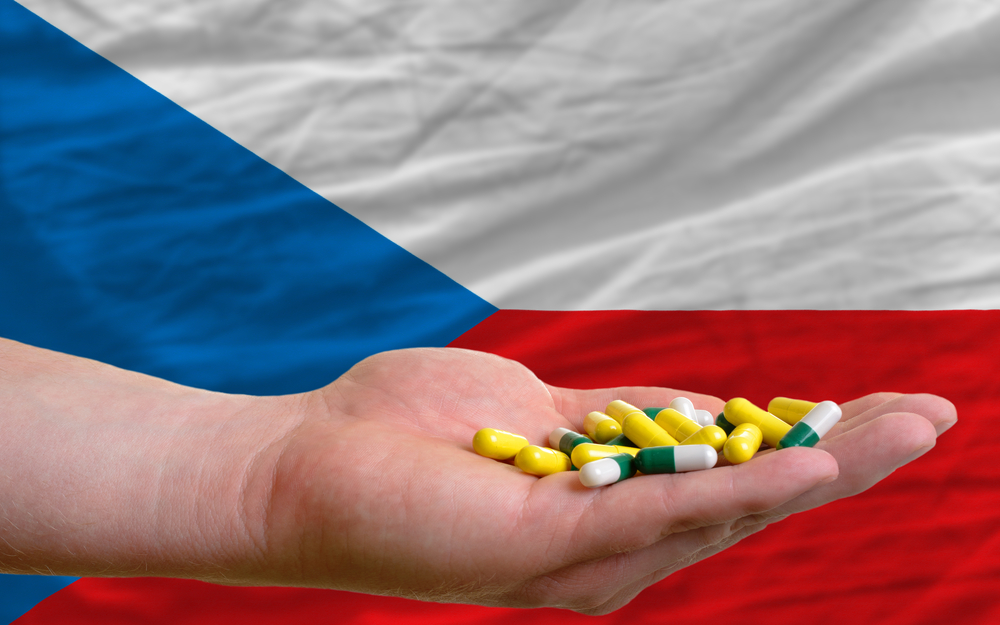The Czech government is planning the resumption of penicillin production, which could start within the next 18 months after a year of drug shortages across the country.
“I firmly believe that over the course of the next year I will be able to inform that within a year, a year and a half, the production of these drugs will start here,” Health Minister Vlastimil Válek announced on the Václav Moravec’s Questions talk show on Sunday.
He remained coy on the details but accepted that the country needs to work more towards being medically self-sufficient after struggling with an adequate supply of imported products so far this year.
Czech doctors have been struggling to prescribe particular antibiotics due to drug outages, which a leading Slovak manufacturer, BB Pharma, claimed was due to the low maximum price at which the drug can be sold in Czechia.
Lukáš Malý, chairman of the Young Pharmacists Association, told the Echo24 news outlet that pharmacies have been resorting to issuing antibiotic syrups to children in limited quantities after being unable to order more supplies, while doctors have been replacing tablet forms of antibiotics with “other antibiotics, so-called broad-spectrum antibiotics, which of course risk the development of bacterial resistance.”
Production of penicillin in Czechia commenced during World War II in manufacturing plants near Prague but has gradually been discontinued, leading the country to be reliant on imports from Slovenia, Austria, and Germany.
What the Czech government means by production, however, will be important in ascertaining just how viable the health minister’s pledge actually is, according to medical experts.
“The production of drugs is a complex process, and we have to look at it through the lens of individual steps that follow each other, and at the same time, they can happen in different factories in different parts of the world,” said Filip Vrubel, executive director of the Czech Association of Pharmaceutical Companies.
“More precisely, it is necessary to decide which phase of the production process should be involved in the case of penicillin production in the Czech Republic. It is one thing to produce the active substances themselves, another to produce tablets from the supplied active substances, and the third is to only complete the finished tablets, i.e., blistering and placing them in the final boxes,” he added.
The ramping up of production could be expensive for the government and is accompanied by strict regulations, particularly in regard to the environmental impact. It could also be difficult to attract private production from pharmaceutical companies that are increasingly opting to set up plants in Asia where production prices are significantly reduced and regulation is less stringent.
However, there are recent examples in Europe of EU member states focusing on strengthening their own production, namely in France and Austria, the latter of which recently pledged €50 million to expand the antibiotic production of the Sandoz pharmaceutical group.






